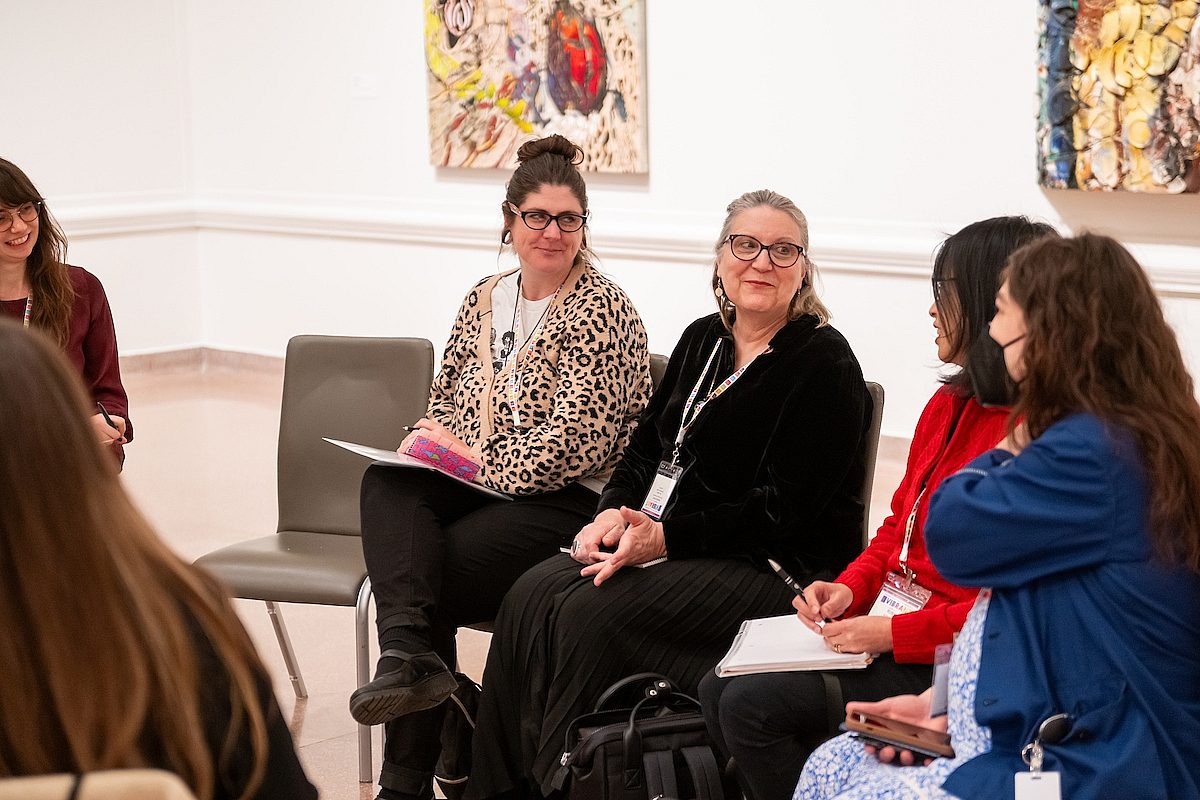

Watch previous lectures, tours, and more
The Dixon Post

Apply for a Free Vow Exchange!
Read Post

Susan Watkins: Closing this Weekend
Read Post

2025 Summer Interns
Read Post

Susan Watkins - Checking on the Arts
Read Post

The Kennel with Mother and Puppies - MEISSEN
Read Post

Exploring Dixon's Summer Gardens with Adam Queen
Read Post

FAQ about Membership
Read Post

Dixon's Glow Up - Update from the Galleries
Read Post

New Sculpture: "Garden Shadow"
Read Post

20th Anniversary of Paragon Bank
Read Post

Get to know Oliver
Read Post

Q&A with Dixon's Venue Rental Coordinator
Read Post

Plant Profile: Asters
Read Post

Fueling the Future of Art Education: Dixon at NAEA
Read Post

Dixon Tulips - Spring’s Spectacular Display
Read Post